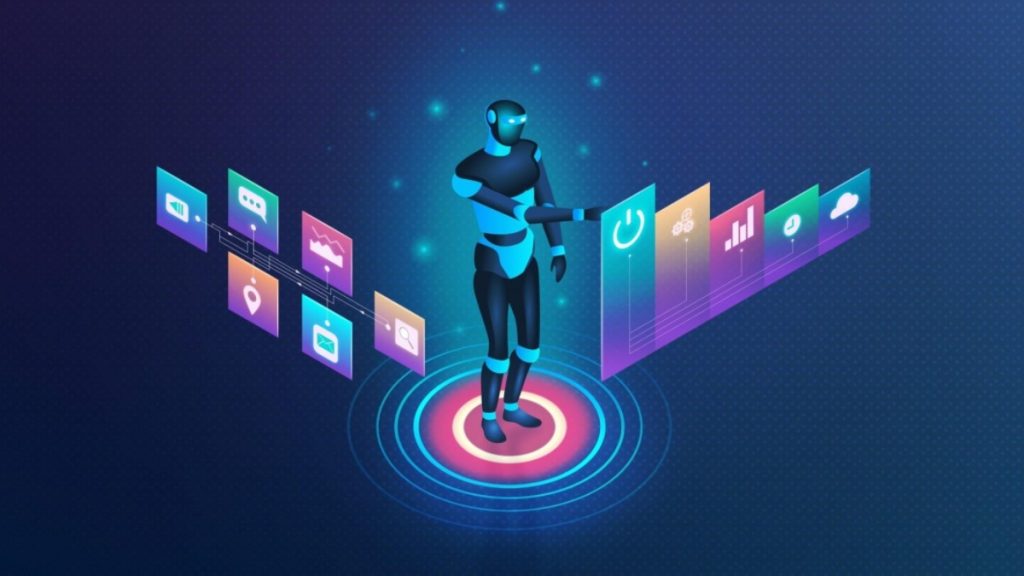Introduction:
Gathering requirements is one of the primary duties of the business analyst in any type of project and takes up a significant amount of bandwidth. Sometimes, it might be difficult to manually record requirements using the conventional methods.
Additionally, these traditional approaches are unclear, prone to errors, and must be refined by a business analyst. AI has the potential to revolutionize the area of requirement gathering and analysis by helping BAs automate the laborious process of requirement writing and drastically reducing the margin of error. For aspiring business analysts, enrolling in an ECBA training program can provide foundational skills to excel in requirement gathering and analysis.
The significance of requirement gathering lies in the fact that it establishes the framework for design and development. Project failure may be caused by misunderstanding, unmet requirements, unclear demands, unfulfilled value, and poor-quality criterion requirements. AI can help in documentation and analysis process.
In what ways may AI aid in the process of gathering requirements?
- Improved Analysis: Artificial intelligence (AI) can help process large amounts of data, including emails, meeting minutes, supporting tickets, documents, and customer complaints.
- Automation: AI makes it possible to capture requirements, create process flows
- AI helps in efficient need tracking, management, and dependency identification.
- Writing user stories: AI tools like ChatGPT can be used to generate clear and quality user stories for example- “As a customer, I want to track my order status, so that I know when it will arrive.”
Difficulties with AI
- Privacy Breach:
- AI depends on enormous volumes of data, therefore protecting privacy is essential.
- When data is misused, it can raise questions and result in ethical and legal problems.
- Good data protection practices and data education will help to reduce these problems.
- Lack of empathy and compassion
- No AI tool can replace human emotions
- Lack of empathy can result in improper answers and a bad user experience
- AI in conjunction with human involvement will produce better results
- Prejudices in model creation and definition
- Since AI outputs depend on data inputs, biases in data inputs will distort the outcomes
- Improving AI models by frequent refinement using a variety of data inputs will improve the outcomes
AI and business analysis abilities
BAs must master the following skills:
- Knowledge of AI: BAs must know the fundamentals of AI; this will help them identify AI opportunities and collaborate with technical teams.
- Tool Knowledge: Proficiency with AI-powered tools like Power BI, Tableau, and ChatGPT is crucial.
- Critical and Analytical Thinking: BAs with strong critical and analytical thinking abilities can validate ideas
To advance their expertise, professionals can benefit from CBAP certification training, which provides in-depth knowledge and skills for complex business analysis scenarios.
Conclusion:
By embracing this massive burst of AI innovation, BAs can impact the projects, teams, and organizations they work for. One of the most time-consuming duties of a BA role is gathering requirements; AI may significantly reduce this time, allowing BAs to be more productive.

